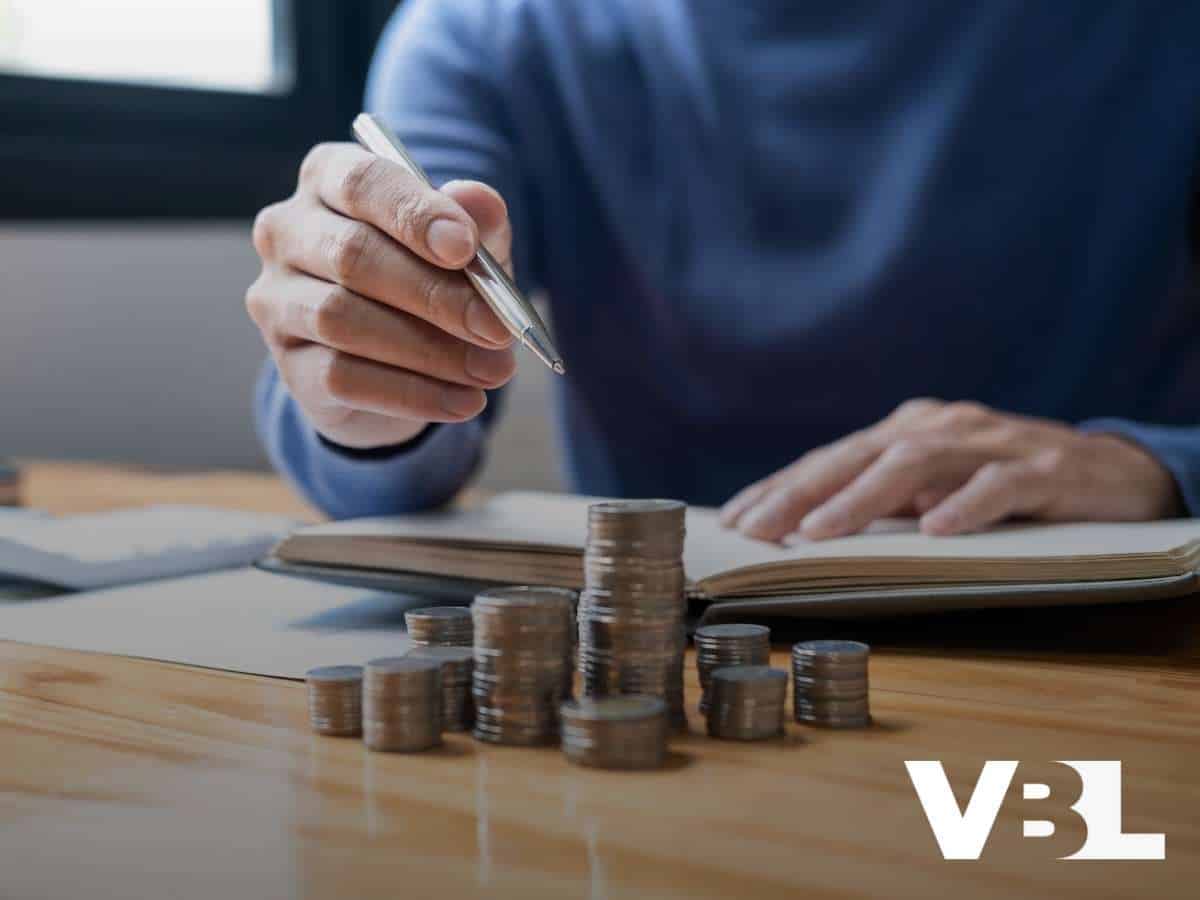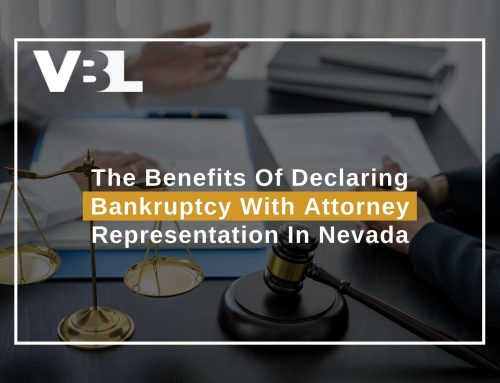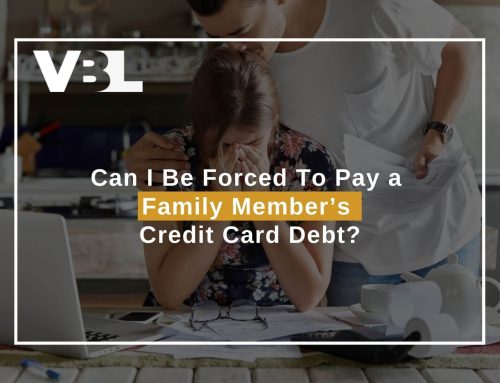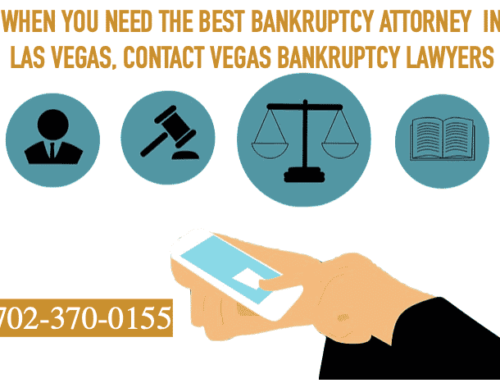Can I Keep My 401(k) If I File Bankruptcy in Nevada?
What Will Happen To Your Retirement Savings If You File For Bankruptcy? 401K and Bankruptcy.
Your 401(k), IRA, or other savings plan is most likely a crucial part of your financial plan for the future. So does filing bankruptcy put your retirement plan at risk? Read on to learn more about your retirement savings in a Nevada bankruptcy.

Do I Lose My 401(k) If I Declare Bankruptcy?
There is nothing in the Bankruptcy Code that prevents you from collecting your retirement savings if you have filed bankruptcy in the past. Requiring you to give up your retirement plan just so you can address a debt issue will just create the need for additional public assistance. Unless you have an exorbitant amount of money in your retirement savings (which isn’t the case for most people considering bankruptcy), you probably won’t have to worry about it. However, you should always double-check with an experienced bankruptcy attorney before making any final decisions about your case.
Keeping Your Assets In Bankruptcy
Most people come into bankruptcy with the preconceived notion that they will have to surrender everything they own if they file. However, most people who file bankruptcy get to keep most, if not all, of their assets. This will depend on how valuable they are, and which chapter you file.
The most popular type of consumer bankruptcy is Chapter 7 bankruptcy. Chapter 7 bankruptcy discharges most types of unsecured debts in a process that lasts about 4-6 months. Because of these immense benefits, only a certain amount of equity can be protected in your assets. The amount that is protected is known as a “bankruptcy exemption.”
There are several specific bankruptcy exemptions in Nevada, such as the homestead exemption, which is $605,000, and the motor vehicle exemption, which is $15,000. Nevada also provides broad protection for retirement savings and income. Social security income is entirely exempt in a Chapter 7 bankruptcy. So are tax-exempt retirement accounts, IRAs, and public employee retirement benefits. This means your 401(k), 403(b), and almost any other retirement account will be safe in a Nevada Chapter 7 bankruptcy.
Chapter 13 Bankruptcy and Your 401K and Bankruptcy
Chapter 13 works a bit differently than Chapter 7 bankruptcy. Instead of wiping debts away, they are reorganized into a more manageable 3-5 year payment plan. Some of your unsecured debts might be discharged at the end of your plan. Exemptions also work differently in a Chapter 13 bankruptcy.
For the most part, you won’t be expected to give up any of your assets, even if they exceed Nevada’s exemptions. However, any equity you hold above the exemptions may be required to be paid into your plan. Because retirement savings are mostly exempt in Nevada, you won’t have to worry about that being part of your payment plan. Contact a bankruptcy attorney for more information about exemptions in a Chapter 13 bankruptcy in Nevada.
Withdrawing From Your 401(k) To Pay Debts
For many people, bankruptcy is an absolute last resort when struggling with debt. Some will try debt settlement before ultimately making the decision to file a bankruptcy petition. Others might withdraw from their retirement savings in order to stave off creditors. Unfortunately, this comes with serious negative consequences.
Most people who have a 401(k) are capped at withdrawing $50,000 or half of their vested account balances. If any of this money is still in your bank account on the day your bankruptcy is filed, it could be at risk of being taken by the bankruptcy trustee.
Withdrawing from your 401(k) can also count as your income for bankruptcy purposes, and might be the difference between you qualifying for Chapter 7 and Chapter 13. If you withdraw before you are 59.5 years old, you will be taxed a 10% penalty on the withdrawal. There will also be an additional 20% tax withheld. It is under very rare circumstances where we advise that someone should withdraw from their retirement savings rather than file bankruptcy when there is a significant amount of debt.
How Can The Automatic Stay Stop My Creditors?
Once you inform your creditors that you have retained a bankruptcy attorney, they must only contact your attorney about your debts from that point forward. But the protection becomes more comprehensive once your petition is actually filed. This activates the automatic stay, a bankruptcy protection that will stop your creditors from most methods of debt collection. While the automatic stay is in effect, your wages can’t be garnished, and your bank account can’t be levied. The automatic stay stops vehicle repossessions and home foreclosures.
Filing bankruptcy in Las Vegas can even stop evictions and utility shutoffs. So if you find yourself in dire straits and are considering withdrawing from your retirement fund to pay debts, you should pause. You might be able to protect yourself with bankruptcy, and get yourself filed faster than you think.
When creditor collection like a repossession or foreclosure is imminent, you can utilize a skeleton bankruptcy filing to quickly activate the automatic stay. A standard bankruptcy petition is a long and complex document that is usually at least 50 pages and can take weeks to prepare. But for a skeleton petition, you only need your contact information and your income information.
Additionally, you will also need to complete your first credit counseling course prior to filing your skeleton bankruptcy petition. Once all this is completed, you will have two weeks to submit the rest of your bankruptcy petition. Skeleton petition filings, also known as emergency bankruptcy filings, can be used in both Chapter 7 and Chapter 13 cases. If you need to take advantage of bankruptcy protections fast, contact a bankruptcy attorney as soon as possible. These types of cases can be more complicated, and more likely to fail without an attorney’s guidance.
Affordable & Experienced Bankruptcy Lawyers In Nevada
Your financial plan for your old age could be just one of the things at risk if you file your bankruptcy incorrectly. That’s why we always recommend consulting with a bankruptcy attorney in your jurisdiction before you file. There are so many factors to consider- if your income qualifies you for Chapter 7 or Chapter 13 (or both), if any of your assets will be at risk, whether you have payments to catch up on for a secured asset you’d like to keep, and more.
An expert Vegas BK Lawyer can assist you as some consequences of mistakes on your petition include delays, extra costs, extra hearings to attend, asset seizures, case dismissal, and in extreme cases, bankruptcy fraud charges. Wouldn’t you rather have the peace of mind knowing your information is accurate, and a qualified attorney will handle any issues that arise? Our Vegas Bankruptcy Law Team strive to make this affordable for everyone.
Whether you need to file Chapter 7 or Chapter 13, our firm offers flexible payment options to get your bankruptcy filed. Eligible Chapter 7 clients can file their case for $0 down! Before making a withdrawal from your retirement savings to pay debts, you should at least speak with a member of Las Vegas Bankruptcy Lawyers. Your consultation is 100% free and confidential. Contact our office or fill out our online form to let us know a time that works best for you.

Las Vegas Bankruptcy Lawyers
LAS VEGAS
7251 W Lake Mead BLVD #300
Las Vegas, NV89128
Office: 702-879-2499
Email: [email protected]
HENDERSON
1489 W Warm Springs Rd. Ste 110
Henderson, NV 89014
Email: [email protected]
Additional Information at:
















